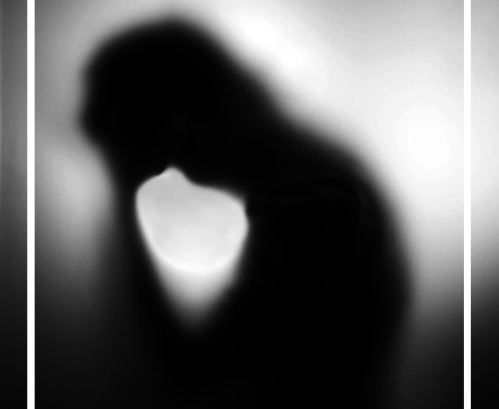Suicide and Depression
Suicide is a complex issue. It is also a permanent solution to a temporary problem, in most cases. Feelings of great pain and hopelessness because of an intolerable situation make the suicidal person commit an irreversible action, leaving survivors grieving a loss with many unanswered questions. One of the causes of suicide is extended depression.
Depression is a serious mental health problem experienced by many in society today. However, depression is the most common psychiatric disorder globally, affecting adults around the age of 40 and mostly women. According to the World Health Organization (2017), as at 2015, over 300 million people, about 4.4% of the world’s population, suffer from depression globally. The risk factors include divorce, bereavement and loss, retirement and substance (drugs, alcohol and tobacco) abuse. Depression affects a person’s ability to function and effectively perform even normal, everyday tasks.
So what is depression? Depression is an affective disorder, a disease, a mental illness, which results from negative thoughts of self, the world and the future. According to Gelabert (2007), depression is a feeling of ‘persistent, irrational, uncontrollable sadness, pessimistic thoughts, lack of energy even somatic symptoms that interfere with normal life….it entails intense grief and moral pain’. Sadness and thoughts of despair are not new to human history. However, depression is not just a feeling of sadness but a state where the individual actually crosses over the threshold of bearable sadness.
According to Ross and Bieling (2006), the signs and symptoms of depression include:
| Sad, gloomy mood | Feelings of hopelessness |
| Mental dullness and trouble making decisions | Poor memory and concentration |
| Decreased enthusiasm | Irritability and increased sensitivity to criticism |
| Less outgoing, more introverted | Crying spells |
| Fatigue, exhaustion | Insomnia |
| Lack of interest in life in general | Hypersomnia (excessive sleeping) |
| Weight loss | Loss of appetite |
| Weight gain | Increased appetite |
Other signs and symptoms
The depressed person often shies away from interpersonal relationships, often becoming socially isolated and being at the same time anxious about rejection. Depression affects self-concept and the
way the depressed person thinks of things. For example, generally, what we think about the events of our lives directly affects our emotions. Our brains are hardwired to make sense of our experiences
but there is no guarantee that what we say to ourselves about our experiences is accurate. According to Wexler (2005), ‘the greater the levels of anxiety accompanying depression, the greater the
tendency to ruminate’. Negative thoughts and rumination (constantly repeating negative thoughts) often plague the depressed person. Rumination is paralyzing and self-defeating.
Types of depression
There are many types of depression such as:
Atypical depression (as opposed to typical depression) - there is a tendency to sleep and eat more, often gaining weight.
Low-Grade depression - may last for more than two weeks but eventually clears up without returning.
Temporary depression (such as Postpartum depression) - affects some women after they have given birth and can range from mild to major depression.
Chronic depression (such as dysthymia) - there is chronic low mood which lasts for two or more years.
Manic-depressive / Bi-polar Syndrome - the manic phase is characterized by ungovernable excitement and the depressed phase involves feelings of depression. The two phases swing back and
forth.
Cyclothymic disorder - a chronic depressive disorder similar to a milder form of manic-depressive disorder.
Major depression - includes hallucinations, psychosis and leads to suicidal thoughts.
Treatment
The important thing is that depression can be treated. Depression does not have to end in suicide provided appropriate interventions are executed. Treatments include correct nutrition, a balance of
rest and exercise, sun and normal baths, medication and not abusing drugs, alcohol and tobacco. It is also important to check that there is balanced functionality of the brain’s neurotransmitters
which control, for example, breathing, digestion, sleep, concentration and mood. The neurotransmitters most concerned with depression are Serotonin (which influences sleep, mood and
emotions), Norepinephrine, and Dopamine (which is influenced by physical activity). It is also important for depressed persons to know how to
reframe or change their negative thinking and create distractions which interrupt their ruminations.
If you are feeling depressed, please speak to someone you trust to help you and/or arrange for professional counselling immediately.
References
Gelabert, R. (2007). Depression: Scientific and Natural Treatments. Vidasana
Ross, G., & Beiling, P. (2006). Depression & Your Thyroid: What you need to know. New Harbinger
Publications Inc
Wexler, D. (2005). Is he depressed or what? New Harbinger Publications Inc
World Health Organization. (2017). Depression and other common mental disorders: global health estimates.

